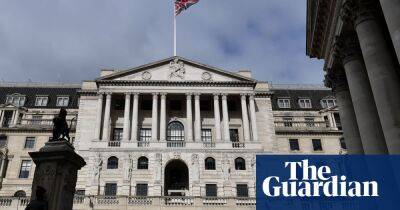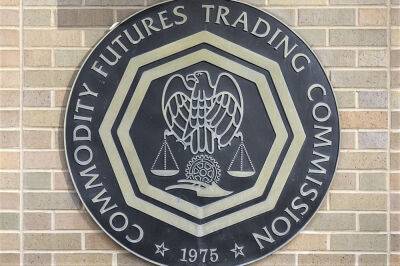Where will struggling households turn to after UK clampdown on payday lenders?
The South African-born entrepreneurs Errol Damelin and Jonty Hurwitz could not have predicted the impact they would have when they set out to disrupt the 120-year-old payday loans market in 2006.
The founders of Wonga set up the company to serve cash-strapped borrowers just as the UK was heading for economic meltdown in the 2008 financial crisis. But the now disgraced lender – which charged some vulnerable customers interest rates upwards of 5,000% – became a lightning rod for controversy before its collapse in 2018, and sparked a regulatory crackdown on the UK’s unscrupulous payday loans market.
Since then, the market Wonga once dominated has almost halved. More than 50 firms have collapsed or voluntarily closed. No new payday loan providers have gained the permission of regulators to operate since, leaving fewer than 40 high-cost, short-term lenders in operation.
While consumer advocates have cheered their steady demise, questions have been raised over where the country’s most vulnerable households might turn to next to make ends meet. Amid the cost of living crisis, some industry figures say a more tightly regulated payday loan sector could have a role to play.
Regulators at the Financial Conduct Authority (FCA), the City watchdog, aired concerns earlier this year about the relatively small number of high-cost lenders left in the market for borrowers who fail lending criteria for mainstream banks.
At its May meeting, FCA board members said the reduction in high-cost lenders, “with rising inflation … was likely to cause a number of pinch points where consumers will need access to money quickly and options would be limited”.
With the decline of the payday loans market, hopes were raised that more socially responsible options
Read more on theguardian.com




















